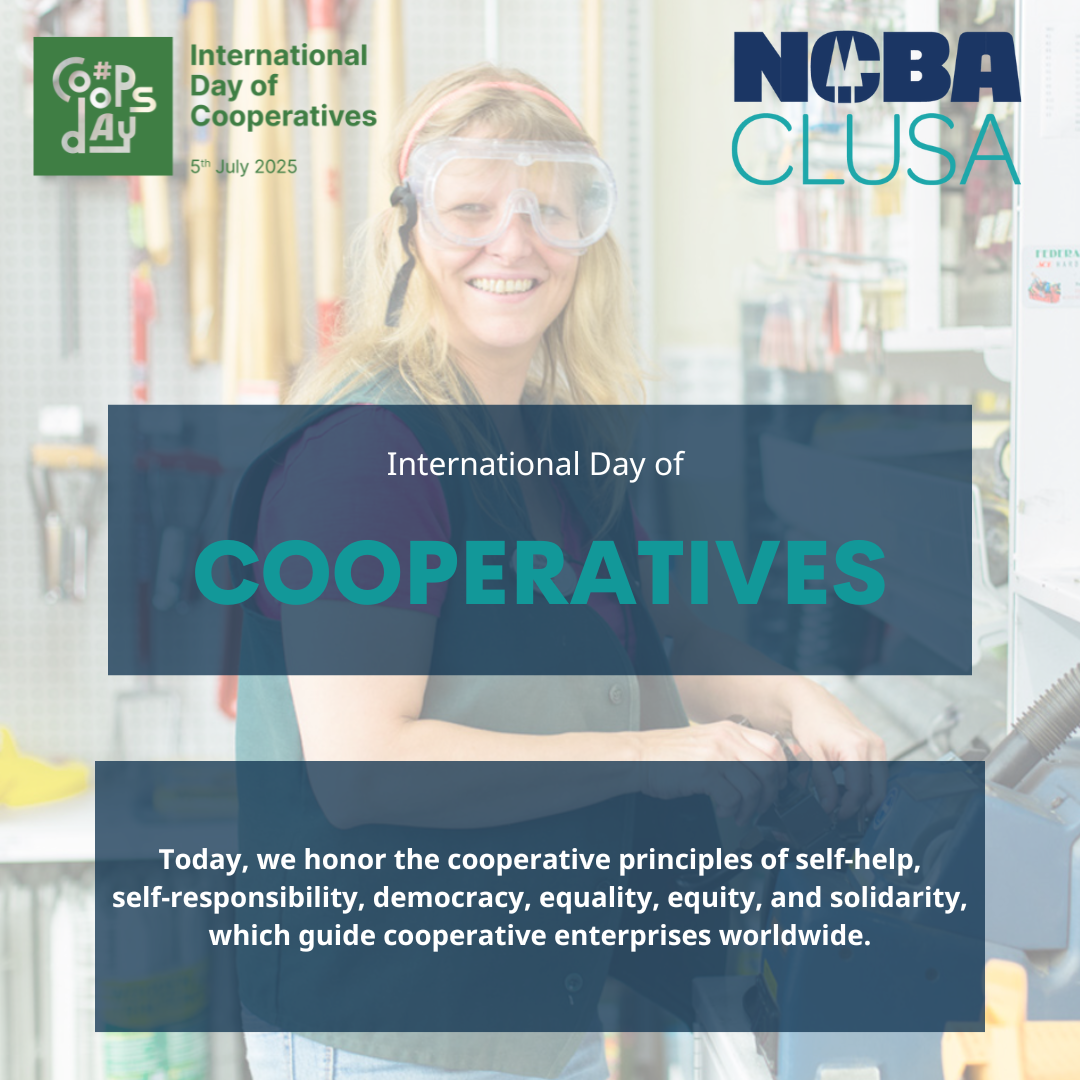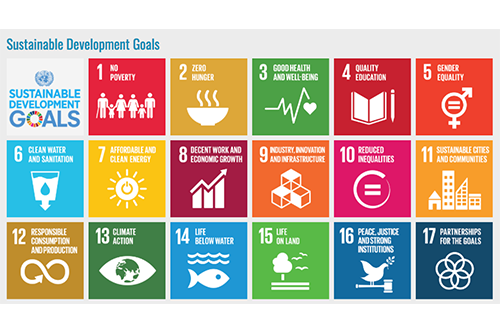Over two-and-a-half days of learning at the 2017 Co-op IMPACT Conference, research and discussion not only focused on cooperative impact here in the United States, but also around the world. Pulling together some of the top cooperative development organizations and private sector partners, one session at the conference broke down where co-op business have been, are now and how they can impact global development in the future.
The U.S. cooperative community’s role in international development has a long history, going back to after World War II with the formation of CARE (the “C” stands for cooperatives). Up through the 1950s and 60s, cooperatives continued to shape best practices and community-led development around the world, including training Peace Corps volunteers.
The panel conversation focused on insights from three members of the U.S. Overseas Cooperative Development Council, as well as private-sector partners and drew on learning from associations like NCBA CLUSA and the National Rural Electric Cooperative Association (NRECA), as well as co-op businesses like Land O’ Lakes and private-sector partners who source from cooperatives like Cooperative Business International (CBI Global).
Key themes emerged, not only around the impact of co-op development for smallholder farmers and rural electric customers abroad, but how this work supports co-op businesses in the U.S.
“The fact that we’ve been doing international development for 40 years is incredibly powerful when we are competing in the war for talent,” said John Ellenberger, Senior Vice President of Land O’ Lakes International Development. Coming from the “Inc.” side of the business, also known as the U.S. consumer facing side, he noted their development work was key for recruitment and retention of employees.
Beyond the tangible benefits for the business, international development was simply part of the DNA of being in the co-op. For Land O’ Lakes, their understanding of Principle 7—Concern for Community—simply broadened.
“We got into international development because we are a co-op, and because we defined our neighborhood as the world,” Ellenberger said.
Traceability and sourcing from cooperatives has also increased a loyal customer base according to CBI Global’s President and CEO David Brown.
“We have a fantastic, loyal customer base, and the only reason we have that is because of the work we do on the upstream level with our cooperative partners,” Brown said. “Not only are we helping people get into business with us, we are helping them stay in business and improve their business.”
NCBA CLUSA’s Chief Operation Officer for International Programs, Amy Coughenour Betancourt, who moderated the panel, challenged panelists to address whether the changing donor landscape calls for a new role for U.S. cooperatives.
“In my experience, this is a really exciting time where cooperative development organizations can meet cooperatives where they are,” said Rebecca Savoie, NCBA CLUSA’s Director of Cooperative Development. Bringing together business development, but also support services such as finance and enabling legal environments, is key to support co-ops abroad. Savoie noted that international development partnerships can act as the support services that already exist for co-ops in the U.S.
The co-op community worldwide was the first business community to formally commit to the United Nations Sustainable Development Goals.Those public-private partnerships will be key to international development going forward. And for companies like Land O’ Lakes that have one foot in the private sector and another in international development there is clear crossover. Many of the innovations in the U.S. agriculture sector are just as pertinent to international development, Ellenberger said.
“We’ve got 10,000 employees. I want to make 10,000 development champions willing and able to get involved,” he added. “My role is to connect the ‘Inc.’ part of Land O’ Lakes to the International Development activity, and do as much of that as we can.”
Martin Lowery, Executive Vice President of Member and Associate Relations at NRECA, also echoed the benefits around retention and the need for more public-private partnerships. NRECA, which has been working abroad since 1962, has helped set up over 100 million electric meters around the world, spreading power to the most remote places. Currently, NRECA is a partner with the USAID Power Africa initiative, bringing the electric cooperative model to sub-Saharan Africa.
“If we can find very aggressive public-private partnerships that are focused on the end result that we as co-ops want to achieve—which is quality of life for people—we should find those synergies,” Lowery said.
All this development, from market-driven to resilience and livelihoods, means that co-ops are key to implementing the Sustainable Development Goals (SDGs). The co-op community worldwide was the first business community to formally commit to the SDGs.
Subscribe to Co-op Weekly for highlights from the 2017 Co-op IMPACT Conference in the coming weeks, including more on the role of co-ops in public private partnerships.



